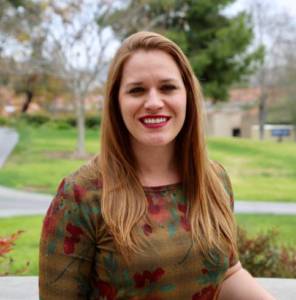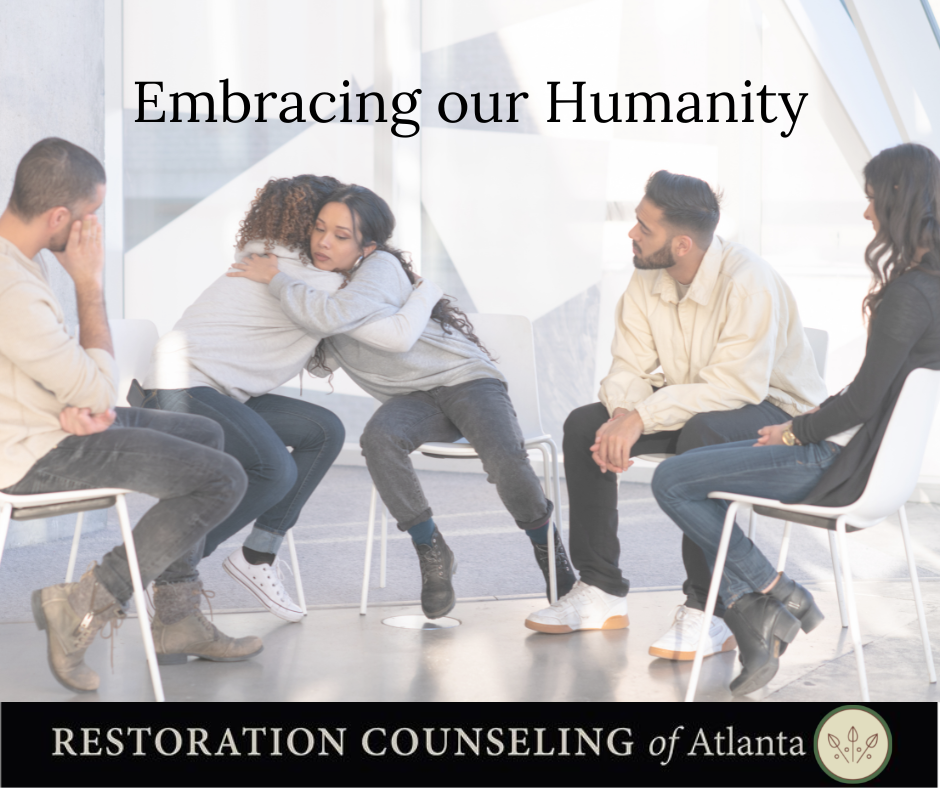Being human is challenging. It requires us to reckon with realities that we would prefer to resist or reject as a part of our existence. We seem to learn early on to blame our humanity for our suffering and declare war on the particular qualities we have deemed at fault. These creative survival instincts save our lives initially. We learn to dismiss, deny, discount, and defend against aspects of this life that would crush us without adequate resources. Our twisting of reality is a necessity that deserves to be blessed, it has saved our life in many ways by cutting off the parts of life too painful and threatening to face. And yet, as many of us begin to experience, our tried and true reliable survival strategies typically come with a cost that begins to take quite a toll, and our ways of pursuing familiar relief begin to slowly falter and fail to deliver.
While these distortions of reality were all we had at our disposal, they invite us into a futile civil war within our own bodies, hearts, and minds where we have agreed to assault and attack qualities that we have not been given power over or giving them permission to exist. We have been created human. We were not given a choice in the matter. We were not given creative license to pick and choose the confines of our existence. God did. And if He has allowed our existence to include particular realities, it would do us well to assume there is goodness to be found in those realities. Jesus invited us to “change and become like children,” after all. So for a moment, let us cease-fire, and consider the invitation to embrace our humanity. Let us consider the realities present in every human being from the moment they enter this world.
Reckoning with Being Human
I have had hundreds, venturing on thousands, of conversations with fellow human beings wrestling with the difficulties they face internally and externally. Over the course of these conversations, several categories of our existence seem to surface, frequently entrenched with conflict, resistance, and rejection. I am not claiming this list is exhaustive, but it will hopefully set us on a helpful trajectory toward embracing the fullness of being human.
- Need
- Desire
- Dignity
- Limitation
- In Process
- Imperfect
- Empowered
Uncertainty About Embracing
What was your automatic reaction to these realities? Did you cringe? Did you feel resistance or repulsion? Did you feel bad or afraid? Any reaction is understandable and makes sense within the context of your life. Our reaction provides a wealth of information that can be helpful as we consider making peace with being human. I would recommend curiosity around your reaction, and not condemnation, as the latter ends the dialogue rather than gleaning necessary feedback around the contributing factors fueling our reactions.
As we walk the road of rejecting and resisting the fullness of being human, we are given unwanted companions to be warning lights on our dashboard that we are at odds with realities we are powerless to kill. If you notice accusing, assaulting, debilitating shame, guilt, terror, or contempt, it is a safe bet that you have learned to resist and reject rather than cooperate with the qualities we have been given by our Creator.
We are called to union with God. In other words, we are called to return to a relationship with God in every aspect of the realities of being human. Even the realities we hate. Even the realities we are ashamed of. And even the realities we have been unable to improve on in our own power. We, like Adam and Eve, run away from the relationship rather than toward it. We keep aspects of our humanity separate from God rather than drag them into a relationship with God. It would do us good to explore our tendency to run away and hide rather than run toward the relationship. It is likely we have experienced that the above qualities bring danger, and we imagine God will be dangerous as well. We have learned that our beauty and our brokenness might cost us.
Fruit of Making Peace with Being Human
Each of the above-mentioned aspects of being human is an avenue for relationships. Our needs require us to acknowledge our dependency on God and our interdependency on others. It requires us to courageously relinquish our efforts to arrange for our needs or try to earn or coerce our needs from God and others. It requires us to reckon with our limited external power while inviting us to pick up the internal power we have to humbly and vulnerably ask for our needs. Our desires provide opportunities for enjoyment, passion, and delight. It provides a connection to our longings that give an avenue for a deeper relationship with God and an opportunity for Him to show His faithfulness specific to your heart.
Our limitations, imperfection, and in-process state foster humility and presses us toward our needs for God and others. It helps us learn to receive the fruit of the Spirit as a means to develop the ability to extend it to others also in need. These characteristics invite us to reckon with our need for forgiveness and our ability to give forgiveness at a level that has the power to repair, reconcile, and restore relationships while acknowledging the full cost of that forgiveness. This ability to rupture and repair our relationships builds a level of security that we all need and long for.
God desires us to be active agents in our lives and to exercise our power in conversation, He invites us to “come let us reason together.” He has given us agency and autonomy that He desires we exercise while not losing sight of the reality that we are also limited and are not in control. This invites us to be alive and join God’s desire to do good in this world. To join with His desire to walk with us through the fullness of death and encourage us to embrace and enjoy the fullness of life available.
We are also provided dignity. We are regarded with honor and respect. This can be challenging to receive when we have learned to wage war on our humanity. And yet, God meets us with kindness and patience. We struggle to embrace the beauty in ourselves as much or possibly even more so than our challenges to reckon with the brokenness. We struggle with receiving the celebration and extravagant delight God pours out on us, knowing we have turned from Him over and over, just like the younger prodigal son.
I hope you hear the whispers beckoning you on this path. It is not for the faint of heart, but if you can muster the courage to be ruthlessly honest, you just might “see the goodness of God in the land of the living.” We are resurrection people, after all.

Written by: Becca Cline, LPC
Online Counseling Team
becca@restorationcounselingatl.com, ext. 156
Becca works with male and female clients who are 13 years or older. She sees couples, families, and individuals. She also works with clients dealing with various issues, including depression, anxiety, addiction, grief/loss, trauma, abuse, spiritual issues, sexuality, family of origin issues, codependency, anger, and interpersonal and relationship issues. In addition, Becca also has experience in running process groups.

